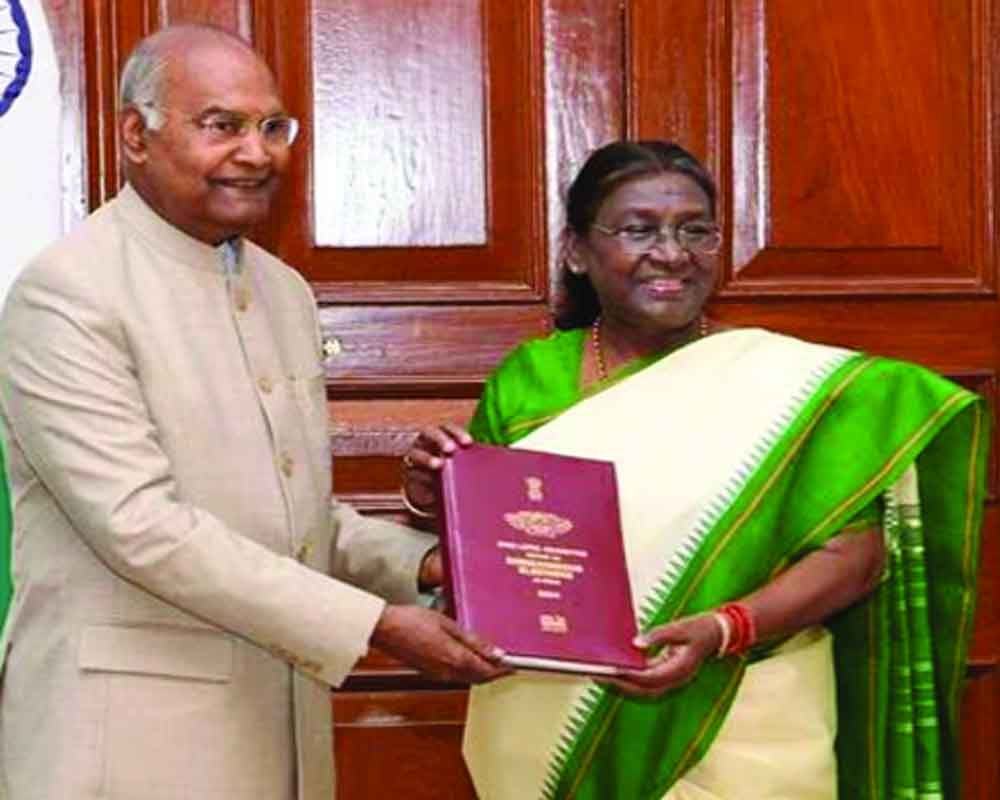The Kovind panel report will spur governance and deepen the democratic rubric
The submission of a much-awaited report on the feasibility and practicality of simultaneous elections across the nation has reignited discussions across the political spectrum. The 18,626-page report, finalised by a committee under the chairpersonship of former President Ram Nath Kovind, has recommended simultaneous polls to the Lok Sabha and State Assemblies, followed within 100 days by concurrent local body elections. To this end, at least five Articles of the Constitution would need amendment. While simultaneous elections offer potential benefits, several considerations and challenges merit attention. The main proposals make it clear that in cases of a hung House or no-confidence motion sailing through, fresh polls may be held for the remainder of the five-year term. The first simultaneous polls would entail Assembly tenures aligning with the Lok Sabha elections, and the Election Commission would create a unified electoral roll and voter ID cards in collaboration with State Election Commissions for all polls. The concept of ‘One Nation, One Election’ has been a subject of debate for quite some time now. Its backers feel it is necessary to reduce the frequency of polls, and that it will spawn several other advantages, including enhanced and continued governance, decreased expenditure, minimal life disruptions and social cohesion, besides providing stability.
By aligning the electoral cycles, the Governments can focus more on policymaking and implementation rather than perpetually being in campaign mode. However, the opponents are concerned about logistical challenges, constitutional implications and potential dilution of regional issues in electoral discourse. Addressing concerns related to federalism and democratic principles while ensuring the synchronisation of electoral cycles poses a formidable challenge. Even if the recommendations are accepted, it would be a long road to actualisation of ‘One Nation, One Election.’ Besides, simultaneous elections might dilute the regional narrative, leading to a focus primarily on national issues. The Kovind panel’s report provides insights into mitigating this risk and preserving the essence of federalism within the framework of simultaneous elections. Also, elections incur substantial costs for the exchequer; simultaneous elections could potentially reduce this financial burden. However, the initial investment required for synchronisation, including infrastructure development and voter education, needs careful consideration. The analysis of financial implications will influence the decision regarding the feasibility of this reform. It would indeed be a good idea to reach a political consensus as every party is a stakeholder. The implications of this report extend beyond administrative efficiency to encompass constitutional, political and financial dimensions. As stakeholders await the findings and recommendations, it is imperative to engage in constructive dialogue to address concerns and chart a path forward that upholds the democratic ethos while enhancing the effectiveness of governance.


























